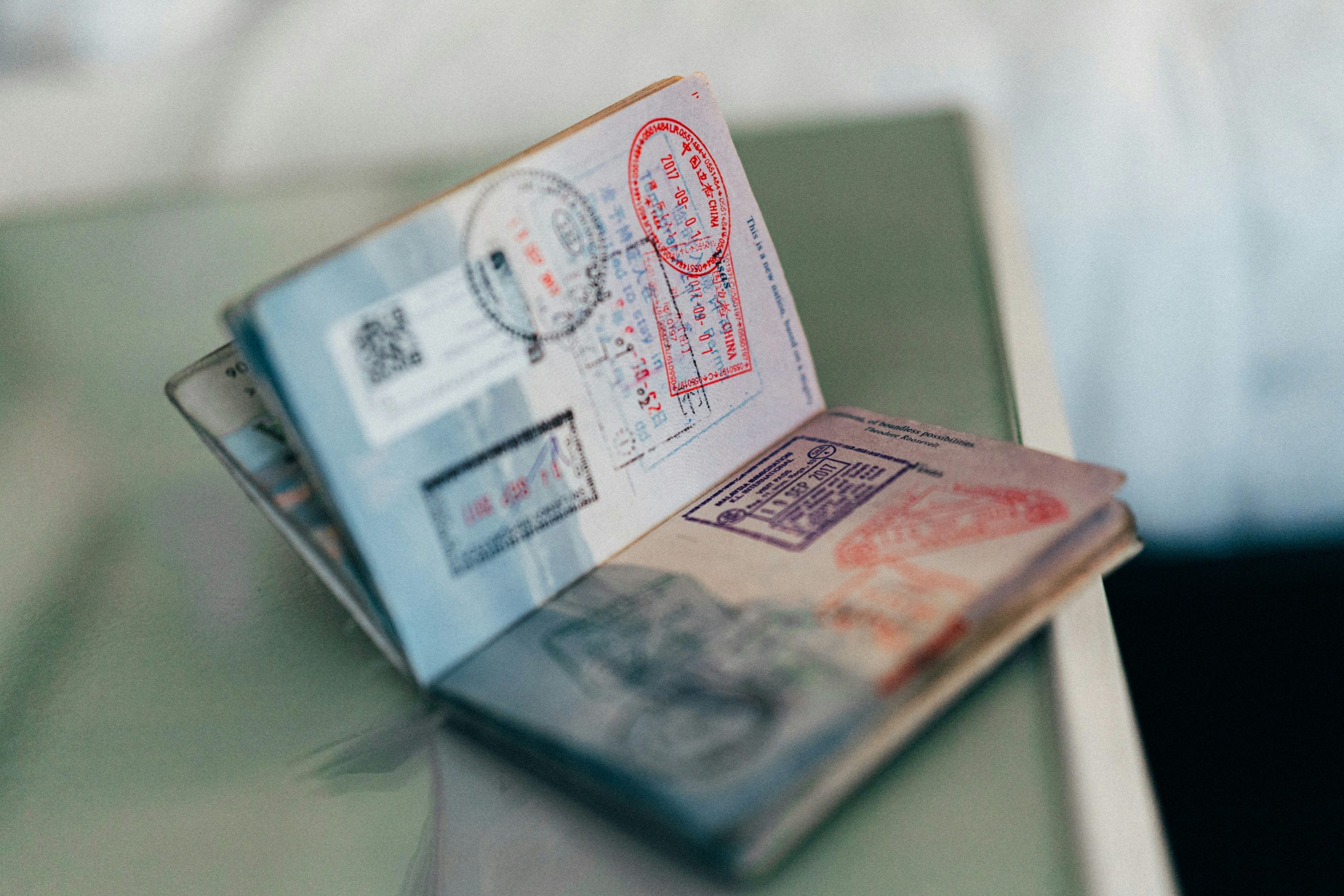Portugal has emerged as one of Europe’s most desirable destinations for relocation, offering safety, a high quality of life, and diverse opportunities. Among its regions, Madeira Island stands out as a subtropical Atlantic gem, combining all the benefits of EU residency with exceptional healthcare, strong digital infrastructure, and, in some cases, tax incentives.
Whether you are an entrepreneur, a retiree, a digital nomad, or a family planning to relocate, understanding the different Portugal visas types is essential. This guide explains the main residence visa categories, highlights Madeira-focused solutions, and outlines the steps to secure residency.
1. Portugal Visas Types
Your visa choice should align with your personal or professional objectives. Portugal offers several residence permit options, each with unique requirements:
- D7 Visa – For retirees or individuals with passive income (pensions, royalties, rental income).
- D8 Visa – This is for digital nomads or remote workers earning from abroad.
- D2 Visa – For entrepreneurs and business owners establishing operations in Portugal.
- Golden Visa – This is for qualifying real estate or business investments.
- Family Reunification – For joining relatives legally residing in Portugal.
- Student and Research Visas – For academic or scientific pursuits.
As an autonomous region of Portugal, Madeira applies the same visa categories. Still, local administrative steps — such as health registration, address verification, and tax compliance — may differ slightly from the mainland.
2. Best Visa Options for Moving to Madeira
Funchal – A Base for D7 or D8 Applicants
The capital city offers international schools, hospitals, and direct connections to Lisbon, making it ideal for retirees and remote professionals.
- D7 Visa: Requires proof of stable passive income, a Portuguese bank account, and accommodation in Madeira.
- D8 Visa: Designed for remote workers or freelancers with a monthly income generally above €3,000.
Ponta do Sol – Digital Nomad Village
Known as Europe’s first official Digital Nomad Village, Ponta do Sol offers coworking spaces, fibre internet, and a vibrant international community. Many professionals start with a short stay before transitioning to a D8 visa.
Madeira – Entrepreneurship via the D2 Visa
Perfect for entrepreneurs seeking to set up companies or branch offices. Madeira’s International Business Centre (MIBC) can offer reduced corporate tax rates for qualifying activities. The D2 visa requires a viable business plan and proof of operational capacity.
3. Step-by-Step: Applying for a Portugal Visa
While procedures vary by visa type, most applications follow a similar process:
- Obtain a Portuguese Tax Identification Number (NIF) – Required for banking, contracts, and formal documentation.
- Secure Accommodation – Either via a rental contract or property purchase.
- Open a Portuguese Bank Account – Demonstrate sufficient funds for living expenses.
- Prepare Required Documentation – Proof of income, health insurance, a clean criminal record, and other visa-specific evidence.
- Submit Your Application at a Portuguese Consulate – From your home country.
- Travel to Portugal – Upon visa approval, finalise your residence permit with the immigration authority (AIMA).
4. Legal and Immigration Support in Madeira
Navigating Portugal’s immigration process is easier with expert guidance. In Madeira, professional assistance can cover:
- Visa applications (D2, D7, D8, Golden Visa, family reunification, student permits)
- Company incorporation, including MIBC registration
- Immigration compliance and tax representation
- Property transactions and due diligence
5. Common Pitfalls to Avoid
- Missing Consular Deadlines – Always confirm timelines with your consulate.
- Overlooking Regional Differences – Madeira-specific procedures, such as local health system registration, may differ from those of mainland Portugal.
- Ignoring Tax Planning – Understand how your global income will be taxed before applying 6. Residency Rules for EU Citizens, EEA, and Swiss citizens do not require a visa to live in Madeira, but must register their residence locally (CRUE certificate) within 90 days of arrival.
7. Why Madeira Is a Strategic Choice
Relocating to Madeira is more than a lifestyle decision; it’s a strategic move. With EU residency benefits, favourable conditions for entrepreneurs, and a supportive expat community, Madeira is well-suited for retirees, investors, and remote professionals seeking a secure and well-connected base.
Frequently Asked Questions: What is the easiest visa for expats?
The D7 visa is generally considered the most straightforward for retirees or financially independent individuals with consistent passive income.
Can remote workers live in Madeira? Yes. The D8 visa caters specifically to remote workers and freelancers earning from abroad, and Madeira offers excellent infrastructure for this lifestyle.
Is Madeira a good place to get a business visa? Absolutely. The D2 visa and Madeira’s MIBC regime can provide tax advantages and access to a skilled, multilingual workforce.
Final Word
Understanding the Portugal visas types relevant to your personal and business goals is the first step toward a smooth relocation. Whether you choose Madeira for its lifestyle, strategic business environment, or community, the correct visa will be the foundation of your successful move.
The founding of Madeira Corporate Services dates back to 1996. MCS started as a corporate service provider in the Madeira International Business Center and rapidly became a leading management company… Read more




